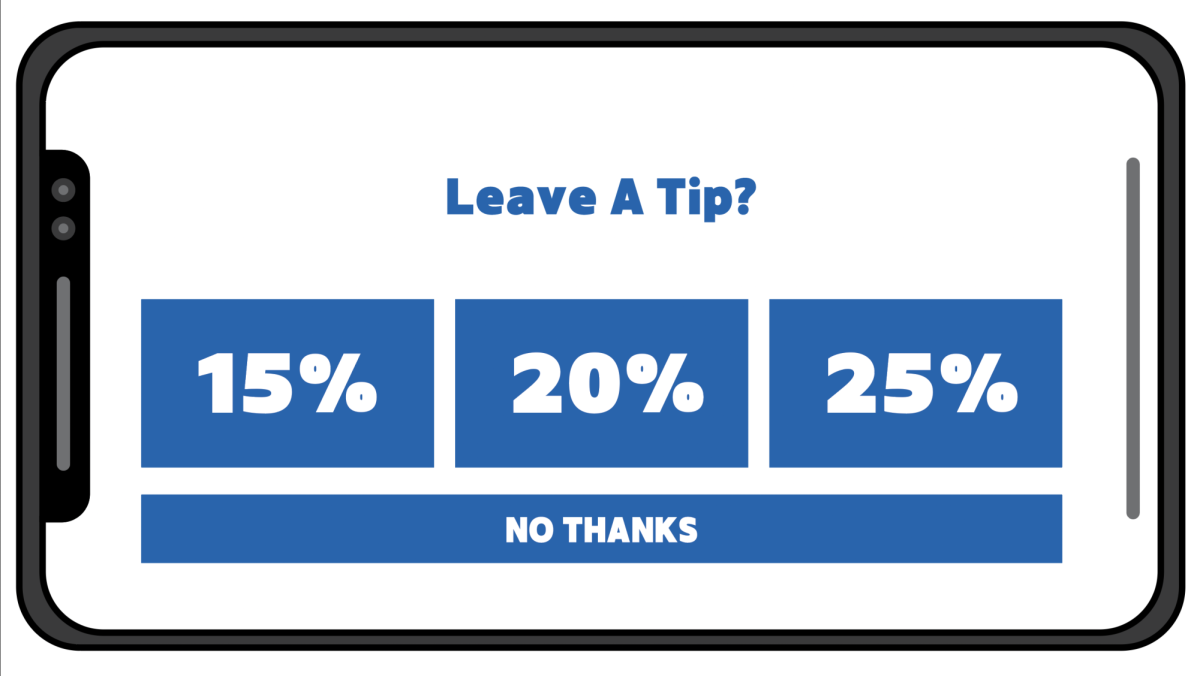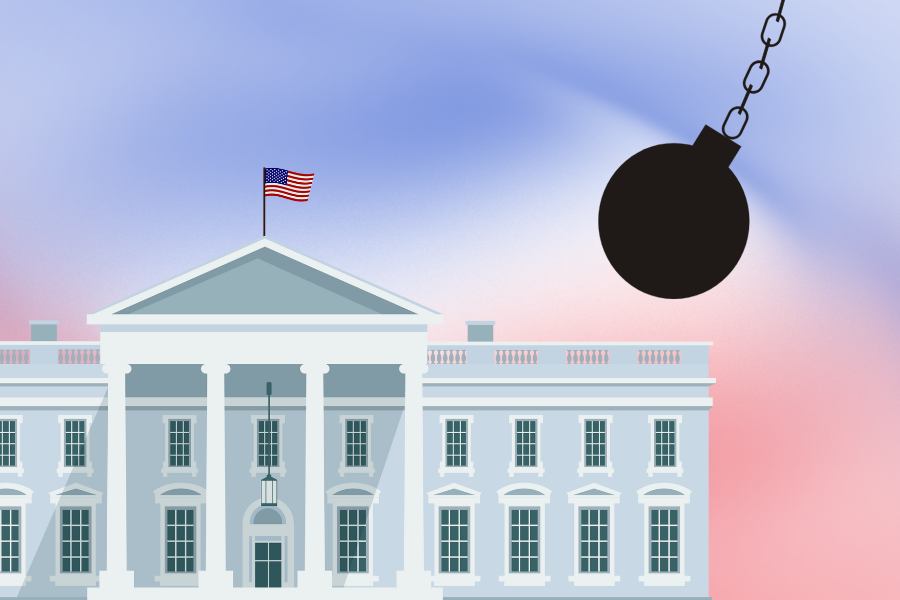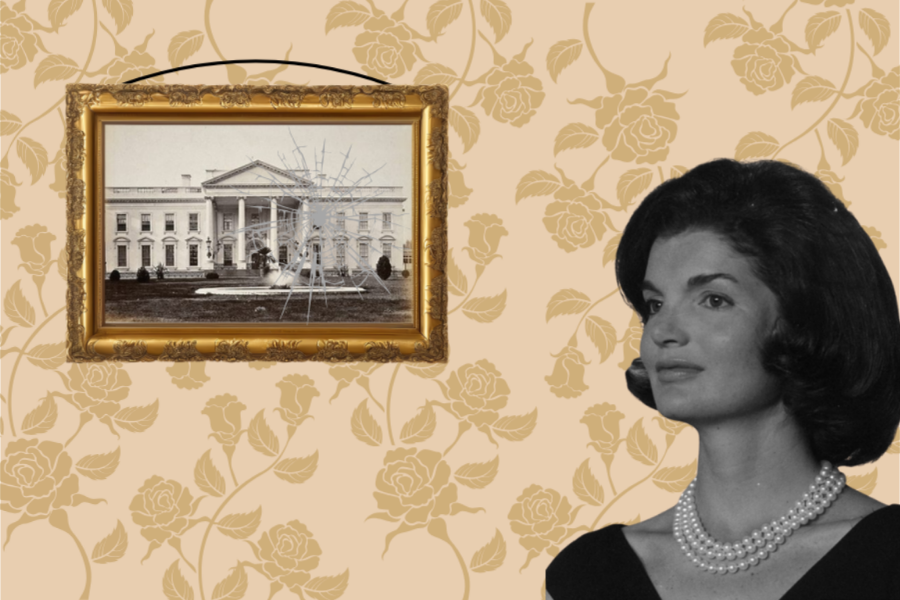The awkwardness of rejecting a provoked tip from service systems and card readers is plaguing the shopping experience across America. This dread of clicking the “no tip” button or feeling guilty and pressing an outrageous 25% is nearly impossible to avoid across all industries and is exhausting shopper generosity.
Credit card tipping wasn’t an option for years in many industries, but after large companies like Starbucks began implementing card tipping, it seems to have blown out of proportion. Almost every service system has implemented an automatic tipping screen before you complete your payment. This is an uncomfortable addition to the experience; there is now the added action of actively denying workers a tip, whereas before tips had only been encouraged, but never asked for.
This new tipping culture has exhausted the public. Tipping fatigue is a phenomenon that is affecting all service workers. When hourly waged workers ask for additional money, people feel less inclined to engage with tipping anywhere, which affects both tipped and not-tipped positions.
Servers and bartenders in the restaurant industry are tipped for the service they provide and their wage is established accordingly. These industries have functioned on a lower hourly wage system, and tips make up for that difference. For states following the federal minimum wage, tipped employees are paid $2.13 an hour. In Massachusetts, the tipped wage is $6.75 an hour.
This system is a means of awarding and encouraging good service from employees and providing customers with a positive experience at a dining establishment. When merch stands at concerts or fast-casual dining begin asking for 20% tips on top of their wage, it can diminish the work being done by the service industry workers.
This addition only blurs boundaries and confuses customers about what a tippable service actually is. These industries expecting cashiers to be paid an additional amount for their service at a check-out lane is far different than waiters expecting a tip at the end of an hour-long sit-down experience.
This is affecting people beyond service workers. Nail technicians and hair stylists have been another tipped service that has gotten caught up in this surge of tipping fatigue. While these services usually factor in materials for a service, as well as a person’s experience, it does not always properly compensate for the time and labor a person puts into these services. While people on the internet encourage these workers to factor such a cost to their listed prices, that would put their prices far above competitors. Such a simple fix cannot change industry standards overnight.
While some may think there is a factor of greed going into the increased amount of services requiring tips, it seems to simply be a way for companies to get out of increasing pay for employees to a reasonable wage. The $15 minimum wage in Massachusetts is not a livable wage, but many companies think they are combating inflation and helping their employers by allowing them to be tipped. Outsourcing wage increases to customers by encouraging an abundance of tipping on not traditionally tipped services is not an expectation that should not fall on the shoulders of everyday customers.
Not every position needs to be tipped like you’re eating out at a restaurant. The 20% recommended tip on many systems is outrageous in comparison to the service you are receiving from the waged employee as an individual customer.
This difference in the work being done is not meant to exclude people outside of the industry from the benefits of tips. Most people have no issue tossing cash into a tip jar or having the opportunity to tip a job well done on a card. The expectation that these instances are how people make a livable wage isn’t a beneficial system for these employees or customers. Corporations that don’t have to pay their employees fairly for their labor are the only ones who benefit from this system.
Companies that make excessive profits are choosing to pay their employees insufficiently, which begs the question of who will fix that. The answer should not be the consumer. While companies continue this practice, they add to a harmful landscape where every service expects a tip.
Tipping fatigue cannot be combated overnight, but consumers should understand that this is no fault to employees and that their hard-earned money can still be put towards services and companies they do want to support. While nobody is forced to tip for anything, customers should be encouraged to tip where they feel appropriate and not let the oversaturation of tipping change how they would previously award a job well done by tipped and untipped positions.









